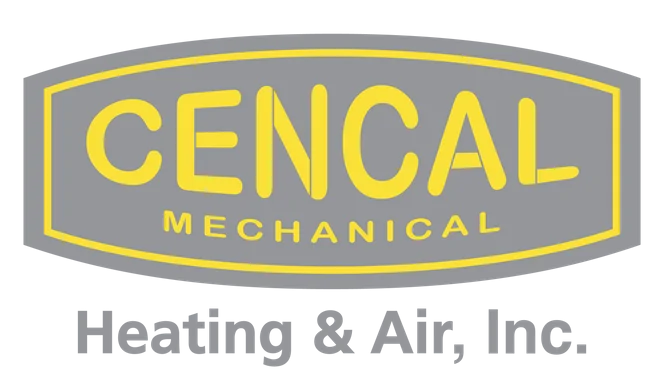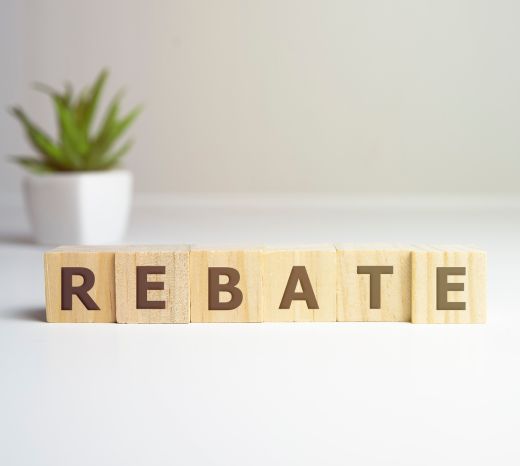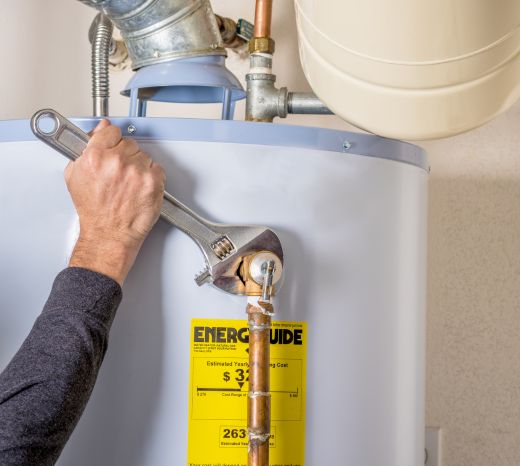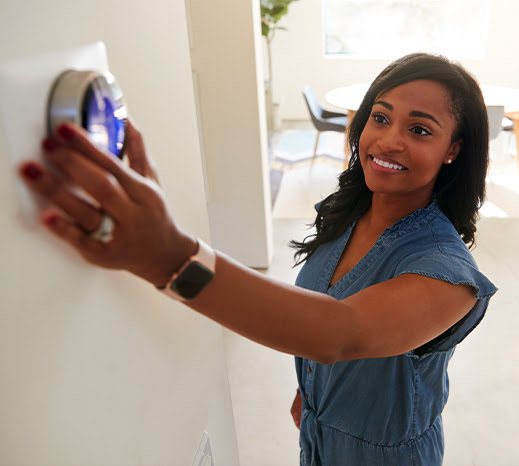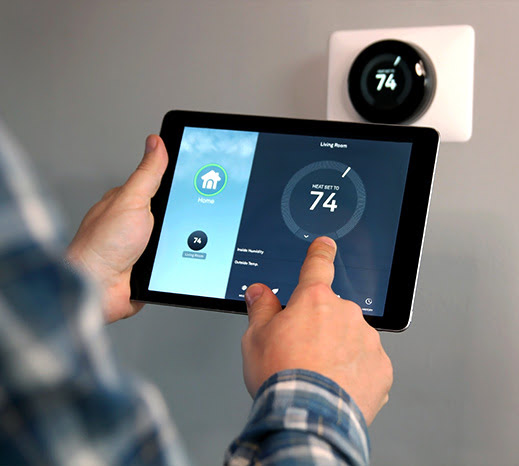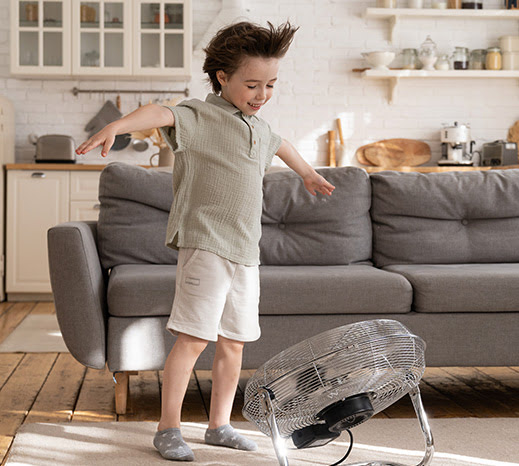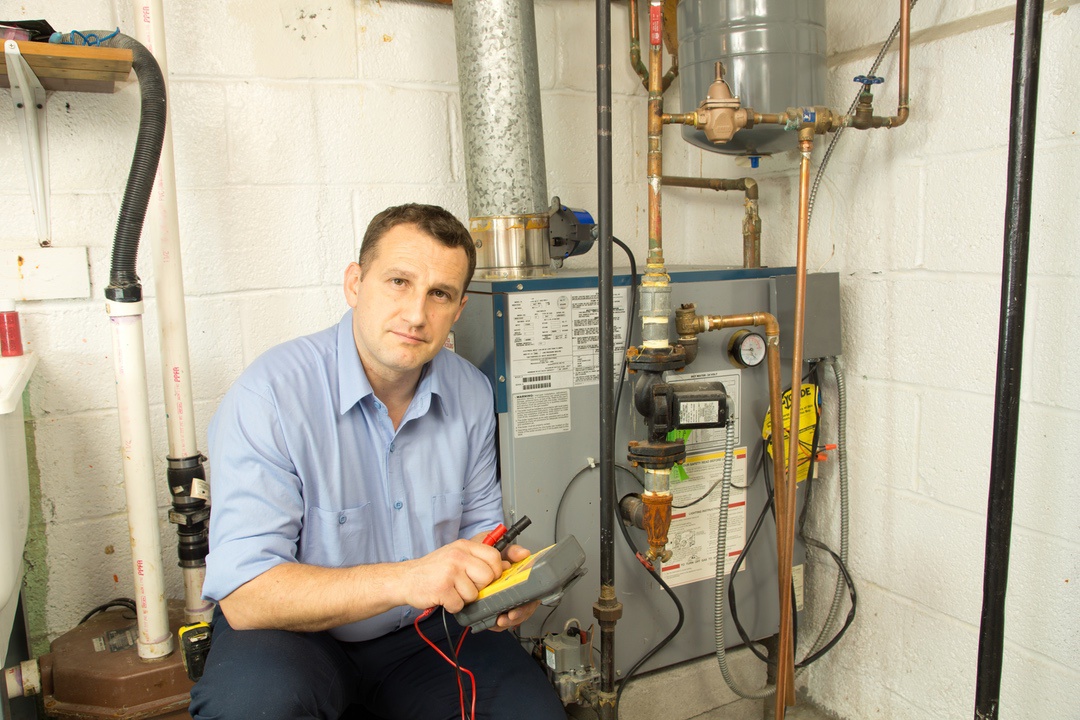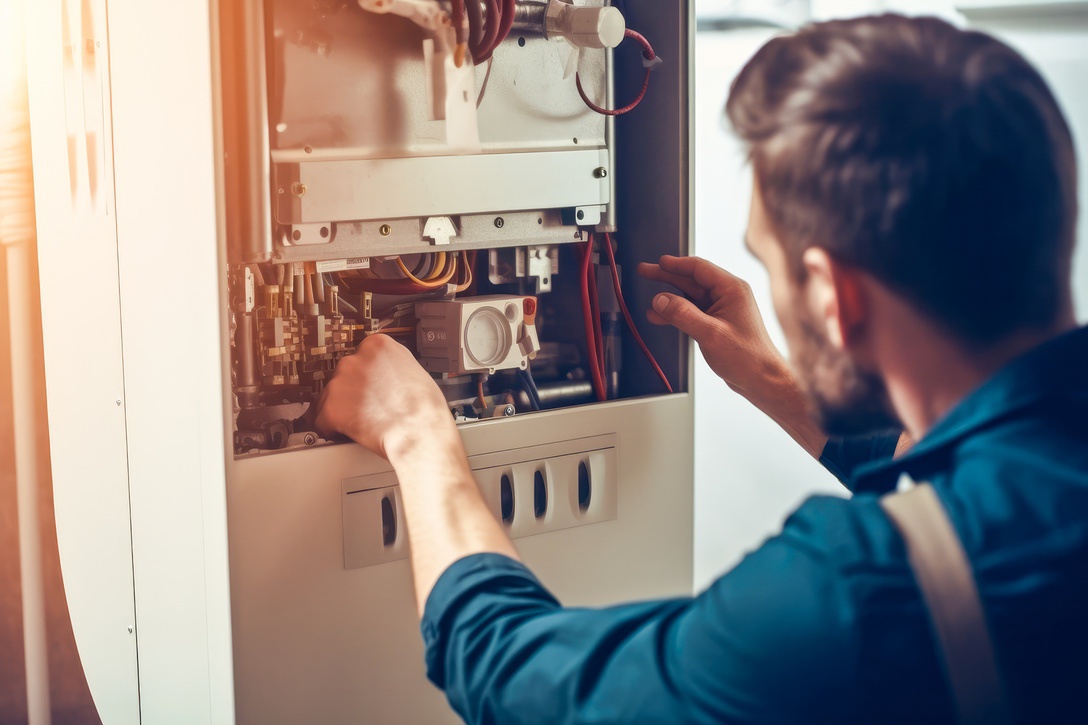Showing 9 Posts
When Can You Get A Heat Pump Rebate in California?
Heat pumps are becoming increasingly recognized for their potential to reduce carbon emissions and energy costs in residential and commercial buildings. Here in California, a state known for its progressive environmental policies and commitment to reducing greenhouse gas emissions, heat pump rebates are part of a broader strategy to encourage […]
California’s Water Heater Maintenance Guide: How to Keep Your Water Supply Clean and Warm
Here in California, we rely heavily on our water heaters for comfort, convenience and overall health. And regular maintenance is key to a long-lasting, efficient unit. So to help you keep your water heater running in top shape, we’ve created the essential California Water Heater Maintenance Guide full of helpful […]
The 2024 Guide to California Heat Pump Incentives
As we strive for more sustainable living and reduced carbon footprints, heat pumps have emerged as a game-changer in home heating and cooling technology. In today’s blog we’ll dive into all things heat pumps, the different models available, the benefits and finally what incentives are available to you to help […]
How Your Indoor Air Quality Can Be Affected By Your Air Conditioner
AC units have become an essential component of keeping our home comfortable, but make sure it does not become a culprit of compromised air quality for your family. In this guide, our team at Cencal Mechanical covers some of the most common questions surrounding the indoor air quality of our […]
10 Tips To Help Save Energy With Your Air Conditioning Unit
Use less energy when running your AC and save money with these tips from the home comfort pros at Cencal Mechanical Heating & Air. We’ll show you how to seal your windows, use ceiling fans, and maintain your filters for maximum efficiency this cooling season.
8 Benefits of Upgrading to a Smart Thermostat for Your Air Conditioning System
Cencal Mechanical Heating & Air installs and services air conditioners throughout the Central Valley in California. Here’s a list of 8 ways that using a smart thermostat can improve your AC’s efficiency and performance.
How California Weather Influences Heating & Cooling Equipment at Home? (& What You Can Do About It)
Ah, California! The Golden State. A place of nearly endless summers and mild winters (usually). But this unique climate has its own set of quirks that can impact the heating and cooling systems in your home. We’ve been offering furnace and air conditioning service in the Central Valley long enough […]
9 Signs Your Furnace Needs to Be Replaced
Having a reliable furnace is crucial, especially during the colder months. But how do you know when it’s time to replace your furnace? In this guide, our team at Cencal Mechanical covers the nine key signs that indicate you need a furnace replacement. Understanding these signs can save you time, […]
Furnaces vs. Heat Pumps: What’s Best for You?
Furnaces provide powerful heat for your home during the coldest months of the year, while heat pumps offer versatile heating and cooling from a single piece of equipment. But what’s the best way to heat your California home—a furnace or a heat pump? You’re in the right place to find […]
